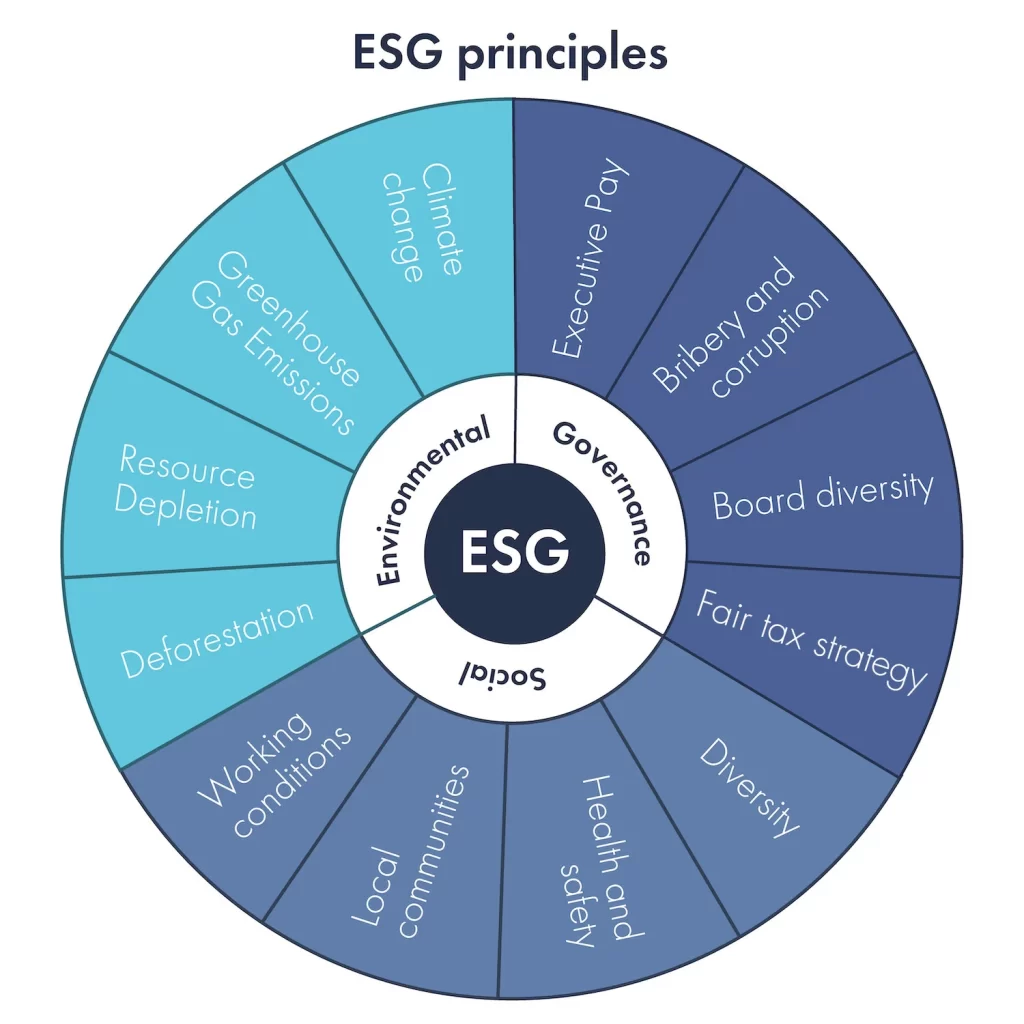What is the definition of ESG? Abbreviation of Environmental, Social and Governance, ESG is an holistic system comprised of a set of standards used to evaluate businesses and countries on how far advanced they are with sustainability.
ESG criteria are increasingly popular to help investors to evaluate businesses in which they invest and avoid the ones that pose a greater risk due to their environmental, social and governance practices.


The construction sector currently contributes to 23% of air pollution, 40% of drinking water pollution, and 50% of landfill wastes. These numbers are alarming, but technology is now available to make sustainable changes.
Environmental (Planet)
Social (People)
Governance (Profit)
Environmental (Planet)
Social (People)
Governance (Profit)
GOAL 3: Good Health and Well-being
GOAL 4: Quality Education
GOAL 5: Gender Equality
GOAL 6: Clean Water and Sanitation
GOAL 7: Affordable and Clean Energy
GOAL 8: Decent Work and Economic Growth
GOAL 9: Industry, Innovation and Infrastructure
GOAL 10: Reduced Inequality
GOAL 11: Sustainable Cities and Communities
GOAL 12: Responsible Consumption and Production
GOAL 13: Climate Action
TripleWaterfall partners with NGOs to work on the remaining 6 SDGs that are not directly inherent to its core business:
GOAL 1: No Poverty
GOAL 2: Zero Hunger
GOAL 14: Life Below Water
GOAL 15: Life on Land
GOAL 16: Peace and Justice Strong Institutions
GOAL 17: Partnerships to achieve the Goal